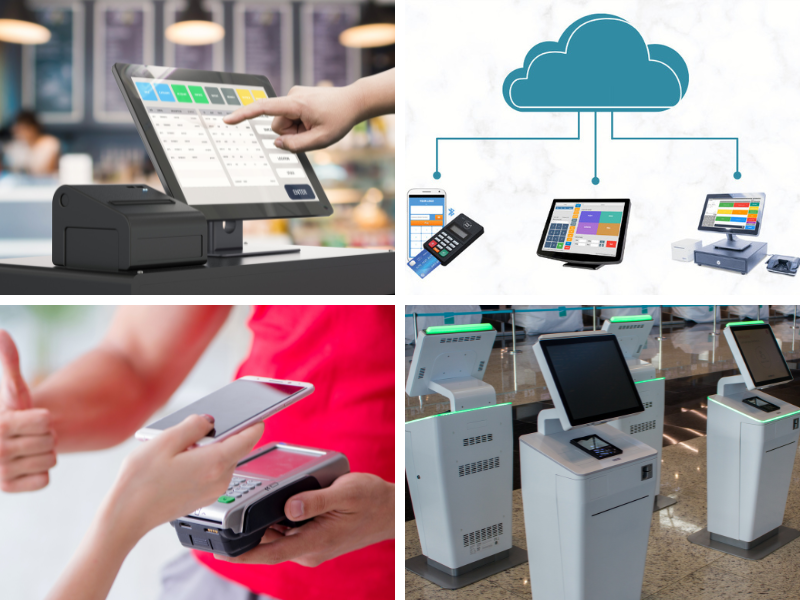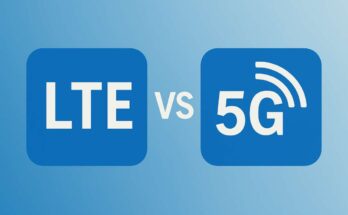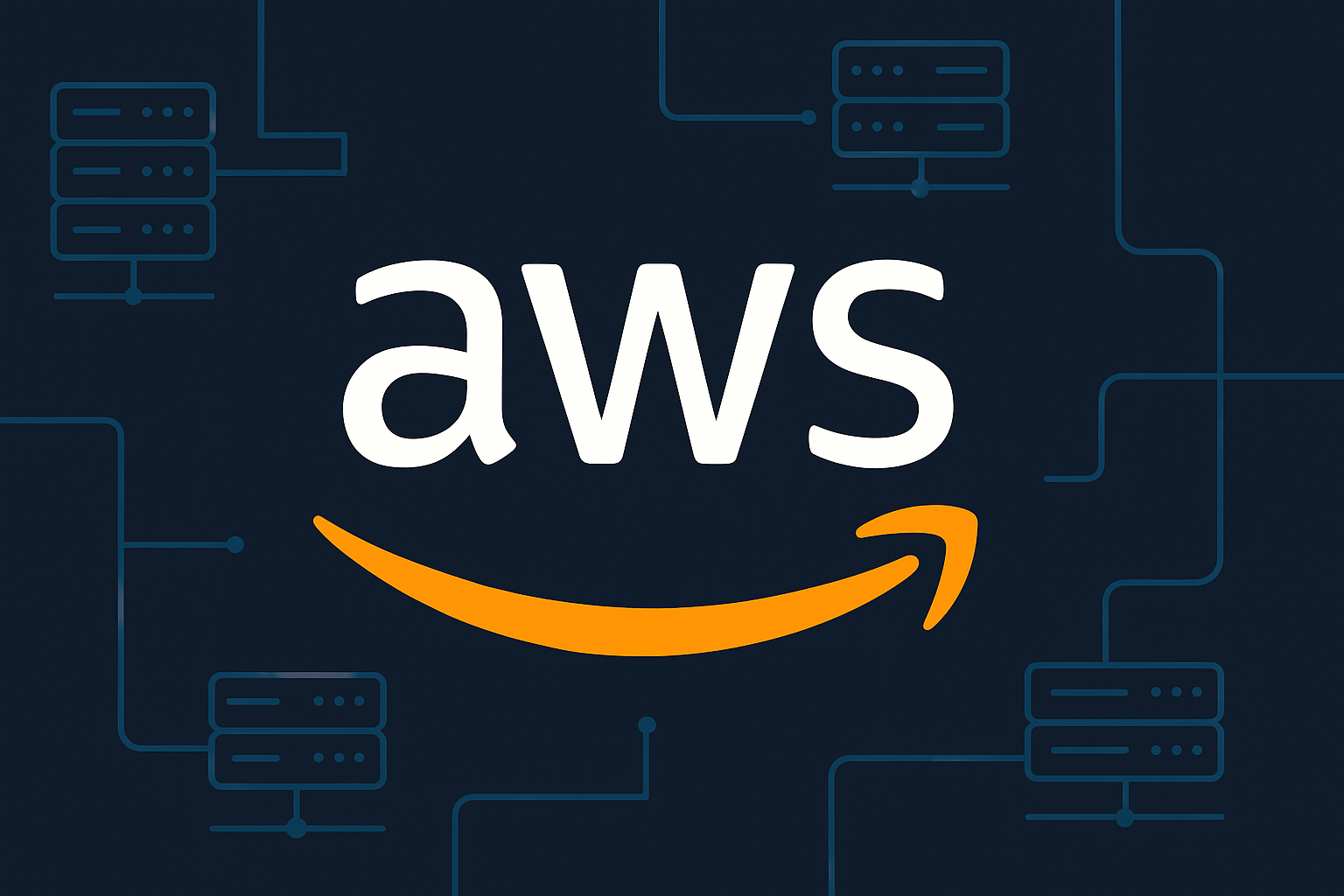In this speedy world of business, velocity plays its own role. You might be a shop retailer, food server, or an e-company owner, but without a point of sale (POS) system, you’d be lost. But is this POS system and how can it help businesses move forward? Let’s get into this in the simplest way.
What is a POS System?
A POS system would have both hardware and software components that allow businesses to record transactions. It serves as the central point where sales, inventory management, and customer interactions all converge. A modern age POS system does not only affect how payments are processed; it also helps businesses record their transactions, manage stock, and analyze data for better decision-making.
How Does a POS System Work?
Three steps are essential to the workings of a POS system:
- Selecting a Product: The cashier uses a barcode scanner or manually enters the product code. Alternatively, the cashier may select the item from a digital catalog.
- Payment Processing: The system calculates the total amount, applies discounts and taxes, and receives payments through cash or credit/debit cards, mobile wallets, or other digital payment methods.
- Receipt Generation: The POS system prints a receipt or electronically sends a copy of it to the customer’s e-mail or via an SMS after confirming that payment has been made.
Types of POS Systems
Every business has its own distinct requirements, and so their POS systems are different. Here are some of the more common types of POS system:

1. Traditional POS (On-Premise POS)
- Installed on a fixed computer or terminal.
- Commonly found in supermarkets, retail shops, and restaurants.
- Requires manual updates and/or maintenance.
2. Cloud-Based POS (Online POS)
- Accessible by any device connected to the Internet.
- Data are stored in the cloud, ensuring updates and security automatically in such a case.
- Best for businesses in need of remote access and scalability.
3. Mobile POS (mPOS)
- Uses a tablet or smartphone as a portable POS terminal.
- Perfect for small businesses, pop-up shops, and food trucks.
- Flexibility and mobility.
4. Self-Service Kiosk POS
- Let customers place orders without staff assistance, then pay.
- Common with fast-food chains, cinemas, transportation hubs.
- Reduces waiting lines; makes the whole process more efficient.
Key Features of a Modern POS System
The most sophisticated of these should be the kind with which almost any business should be able to get along. Here are some functions to take into account:
1. Sales and Billing Management:
- Secure and swifter payment processing.
- Multiple payment methods, can add cash, cards, UPI, and/or digital wallets.
2. Inventory Management
- Tracks stock levels in real time.
- Low-stock alerts and automatic reordering.
3. Customer Relationship Management (CRM)
- Save customer information for more personalized experiences.
- Create loyalty programs and discounts for keeping customers.
4. Employee Management
- Performance and work hours for employees can be tracked.
- Reduces chances of fraud and unauthorized discounts.
5. Reporting and Analytics
- Sales reports and insights.
- It really helps bring about data-supported business decision making.
The benefits of a POS system
Operate in favor of any businesses that consider investing in one as a must-have. Here are reasons you should contemplate its purchase:

1. Transactions can be Faster
- Reduced checkout time can improve the customer experience.
2. Better Inventory Control
- It prevents either overstocking or running out of fast-moving items.
3. Enhanced Customer Experience
- It creates opportunities for personalized promotions and loyalty schemes.
4. Accurate Sales Control
- Manual errors can be eliminated, and financial records maintained.
5. Bring Down Thefts And Fraud
- Tracks employee activity and prevents unauthorized discounts or transactions.
Finding the Right Point of Sale System
Selecting a new POS system can be a huge challenge. Here are some considerations:
- Business Type: Different businesses have different POS needs. Retail, restaurants, service.
- Scalability: This should be a system that grows as your business grows.
- Ease of Use: A user should save time on tedious training sessions.
- Integration: Integrate with other accounting, e-commerce, and inventory management tools.
- Security: Look for encryption fraud protection.
- Customer support: 24/7 support may be crucial, especially during system failure.
Final Thoughts
A Point of Sale System is more than just an instrument for conducting transactions; it is a contemporary business’s backbone. The right kind of POS system that you should invest in will give you the power as a small business owner or the head of a large corporation to streamline operations, improve customer experience, and overall efficiency in an organization.
Now that you know precisely what a POS system is and how it operates, evaluate the needs of your organization. Then you can go ahead and choose the POS that meets your requirements. Want more? Our blog has more current tech updates and solutions for businesses!




